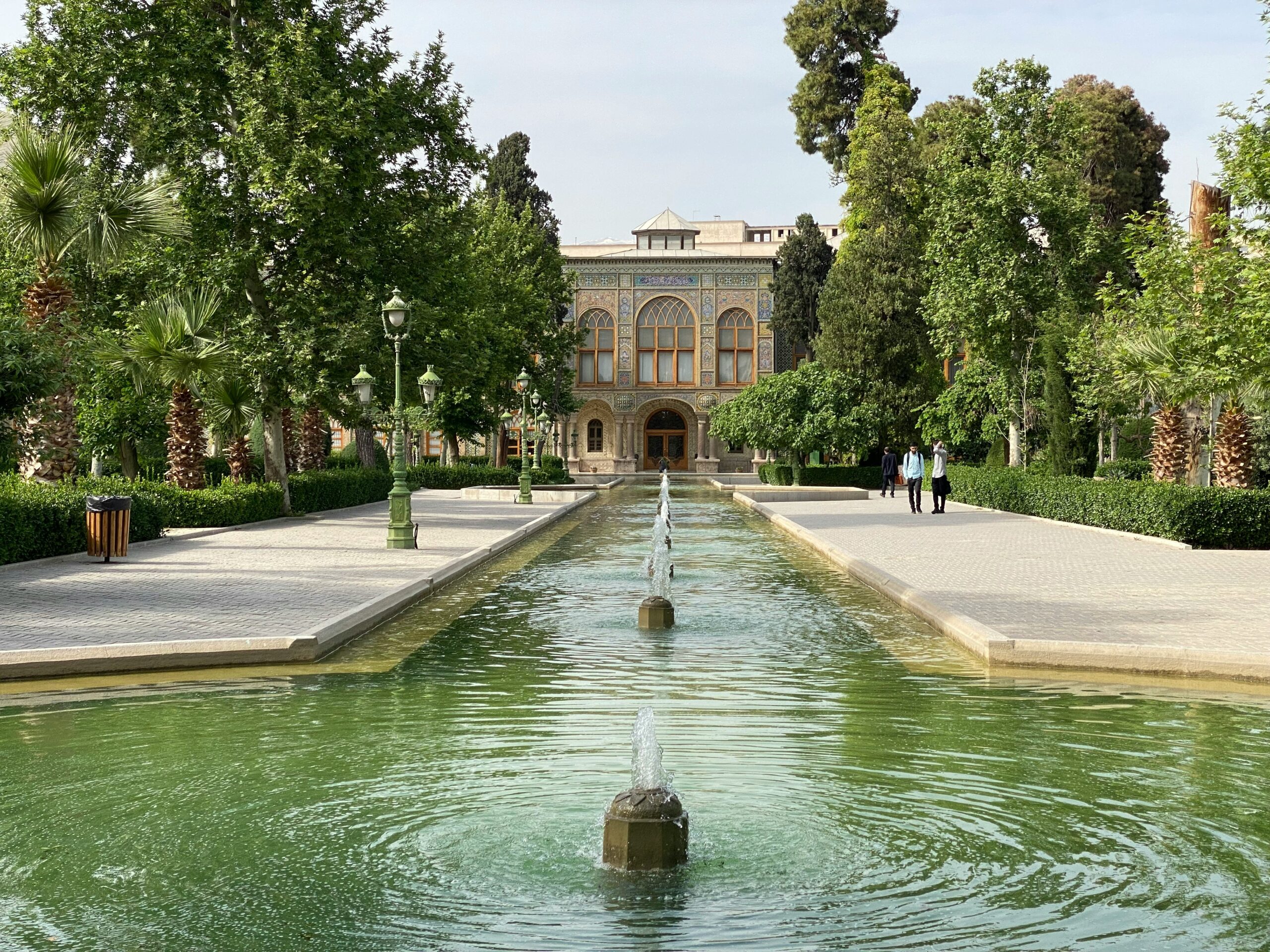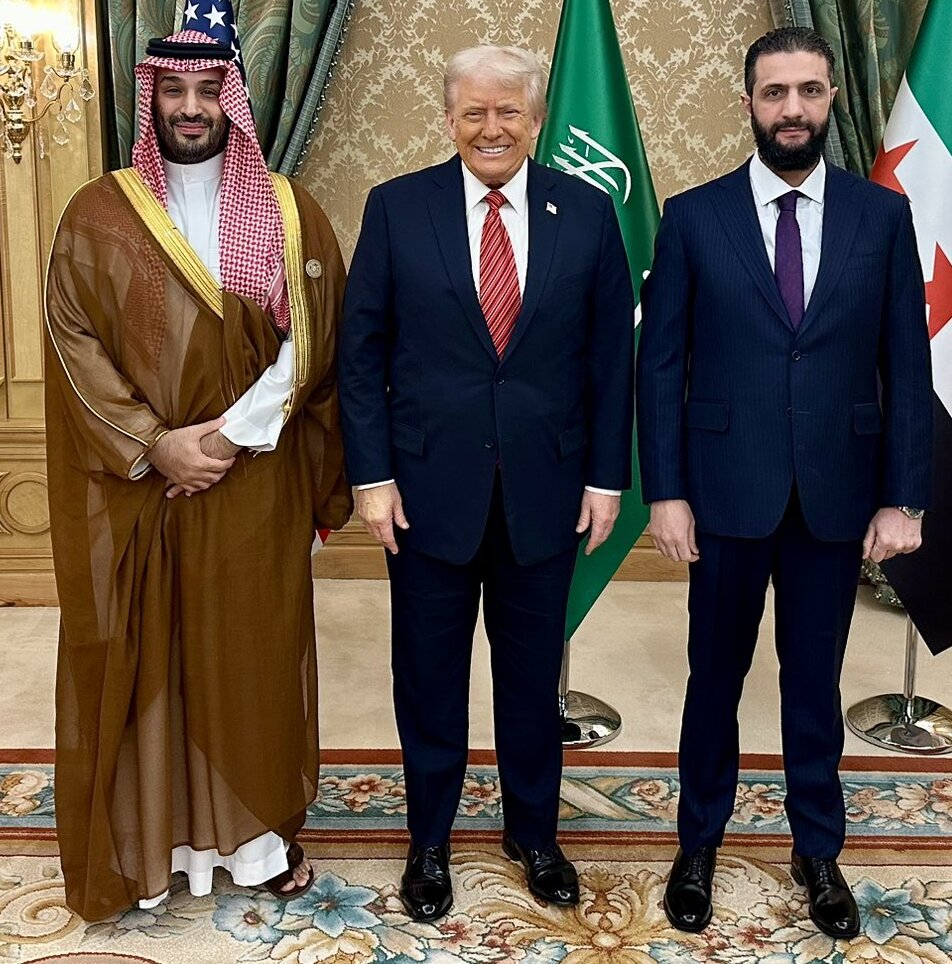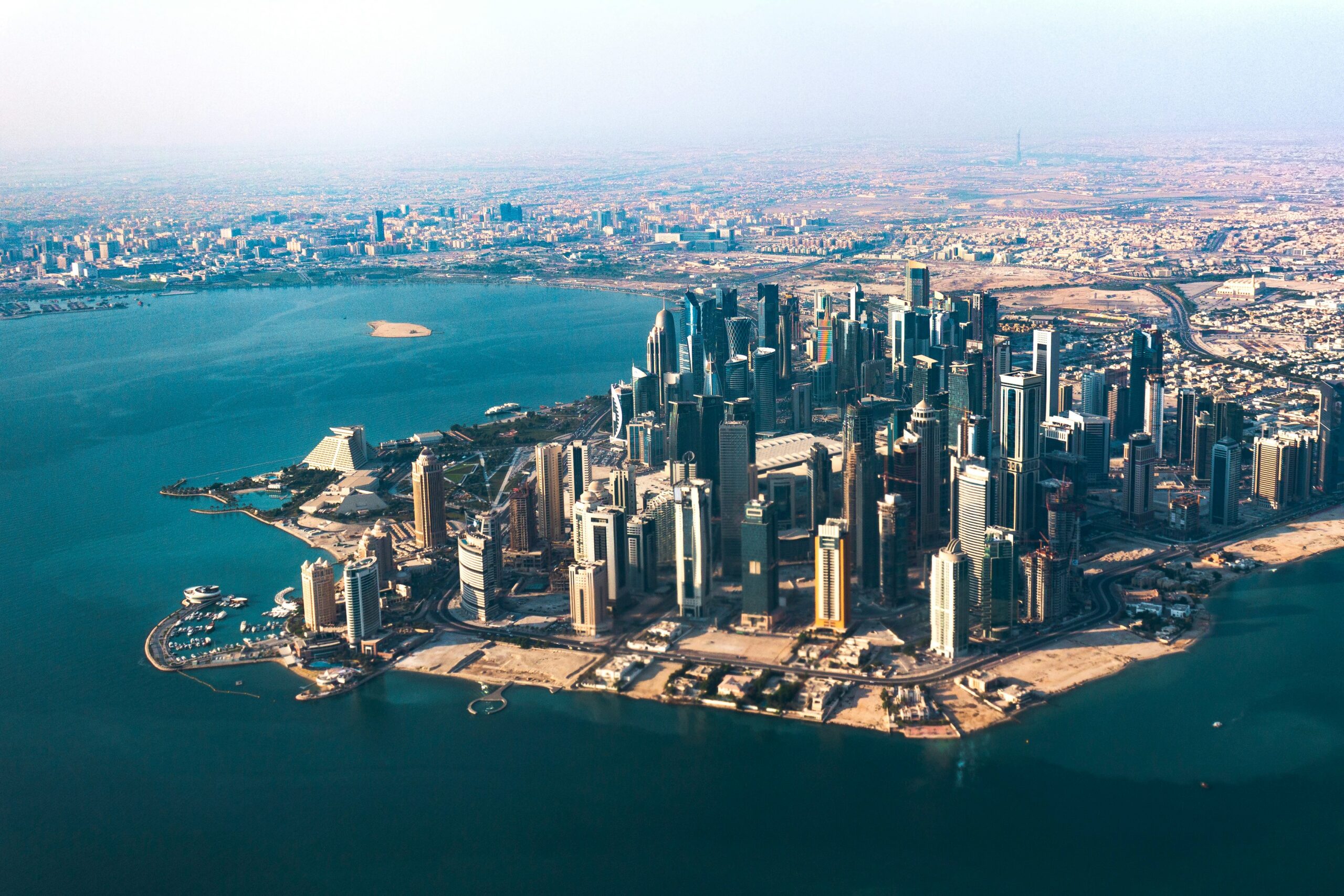President Trump’s meetings with Gulf leaders offer some clues about what three key Gulf capitals wish to see coming from the talks, now in their crucial phase, between Washington and Tehran.
The topic was high on the agenda of President Trump’s meetings with the three top Gulf leaders, MBS of Saudi Arabia, Sheikh Tamim of Qatar, and MBZ of the UAE. Little was revealed of substance, but it was evident the three consider Iran a challenge as well as an opportunity down the road. Above all, a matter very urgent to address.
What bodes no argument is that the Gulf wants sustainable peace, contingent upon differences between the US and Iran patched up to the extent possible. The tension hanging over the region for the better part of four decades was a source of grave concern for Iran’s Gulf neighbors, with a massive US military presence providing security guarantees, never mind some loopholes, as witnessed during the Abqaiq attack on Saudi ARAMCO. The new US approach advocates de-escalation in the Gulf to liberate Washington from the role of all-weather security provider. To see a US-Iranian accord materialize soon is therefore a chief aspiration of Gulf nations. The next, qualitative leap in their development, just around the corner, demands a safe and predictable regional environment. No wonder the key Gulf leaders assured President Trump about their full support for talks with Iran.
Difficult History to Overcome
Talks are a welcome change after the uneasy limbo that followed the scuttling of the JCPOA. Still, even in a best-case scenario, neither the US nor Iran can step out of their shadow. There has been a lot of bad blood between the two. The people of Iran resented the United States for supporting the Shah. The US resented the hostage taking at the Embassy. Iran resented the US helping Saddam. The US resented Iran supporting the Shia insurgents of Iraq after they removed him. Tehran vowed to push the US out of Iraq through bleeding it white. Washington hit back by assassinating Qasim Suleimani, architect of Iran’s forward defense. Then Washington blew up the JCPOA, painstakingly built up by Iran and its partners – including Washington, albeit under a different administration – that was going to put the anxieties over Tehran’s nuclear ambitions to rest. Now, Washington wants a better deal, one-on-one. To reach there, there is a lot to forgive and forget on both sides.
Exiting Zero–Sum Mentality?
Ever since the US Embassy hostage drama disrupted ties between the freshly minted Islamic Republic and Washington, hostility has remained the permanent hallmark of the relationship. Attempts at salvaging it routinely failed as both sides cyclically refused the other’s overtures, their “let us reset” amplitudes never coinciding. All the time, Washington pushed for regime change while Tehran dug in its heels, sowing chaos in the region as a defense. Judging by what Trump told his Gulf hosts about America’s new approaches in the region, Washington is shelving its regime change agenda. Should Iran opt out of its regional spoiler role, a meeting of minds could be possible. Still, so long as wiping Israel off the map remains an agenda item on Tehran’s to-do list, normalization will have its limits. The major stumbling block remains Iran’s nuclear program, a make-or-break issue across the board. Distrust, running deep, can only be undone through confidence-building – a daunting task, given all that has transpired between the two.
The Gulf is all for it. Riyadh and Abu Dhabi engaged in intense facilitating diplomacy to pave the way for a deal. Qatar and Oman mediated and continue to do so. The effort must bear fruit if Gulf capitals want to prove it is not a fool’s errand. With Tehran and Washington locked into a zero-sum game punctuated by mutual threats, a climate of permanent uncertainty hung over the Gulf. This must come to an end if both want to benefit from the immense potential of the Gulf economies, comes the warning from the Gulf capitals.
Will there be Moderation in Washington and Reckoning in Iran?
To reach an agreement, both sides must be willing to yield. Washington should reconsider its stance on enrichment and instead focus on verification. Tehran must stop being the regional bully and engage in some self-reflection instead. A regional hegemon with clay feet, Iran saw its economy dive into the abyss as it mobilized its scant resources, depleted by sanctions, for expanding its influence in the region and beyond (sowing mischief as far as Europe and the US). Billions of dollars were poured into Syria, Hezbollah, the Iraqi Popular Mobilization militias, Hamas, and lately the Houthis, not to mention covert actions the world over. At home, it was neither bread nor butter. The people of Iran fared badly as the Revolution harvested dubious glories abroad. Many in Iran questioned the wisdom of pouring resources, badly needed at home, into propping up questionable allies under the aegis of “forward defense”. The country-wide demonstrations protesting the killing of “badhejab” victim Mahsa Amini were just as much about desperation over falling living standards. Seething popular anger and a worsening economy together mollified Ayatollah Khamenei into accepting the negotiation offer from Washington as reelected President Trump embarked on his peace drive. Suddenly, an upgraded JCPOA seemed achievable as Iran, after the fiasco in Syria, losing Hezbollah in Lebanon and Hamas in Gaza, confronted an existential dilemma: give away its military grade enrichment program against strict IAEA+US controls and place its ballistic missile program under US scrutiny, or risk war, easily losing all. Having driven the economy into the ground along dubious ideological and hegemonistic aspirations, the regime is offered an offramp it might be obliged to accept.
The Gulf has done its Homework
Gulf capitals spared no effort in reestablishing dialogue with Tehran at the highest level after a long dry spell. This was a major strategic reset for them, which they undertook after careful calculation. Top-notch meetings made it plain for Washington that they seek a modus vivendi with Tehran after 7 October, and its aftermath derailed the process that was supposed to bring Riyadh into the Abraham Accords. Now they wait with bated breath to see if the talks currently mediated by Oman bring the two bitter antagonists to an agreement. The alternative, war, must be avoided at all costs, they telegraph Washington. The lavish reception accorded to President Trump was meant to drive the message home in the language he best understands. Business deals the world has never seen were the Gulf’s way to secure the US goodwill it wants to see translated into peace. They may also be helpful in silencing the hawks in Washington still tempted to sing from yesterday’s songbook. The region is all set for an era of de-escalation that unleashes its full potential. Tehran must be invited not to spoil the party. A defanged Iran, rid of sanctions, could be, after all, a partner the Gulf can do business with.


